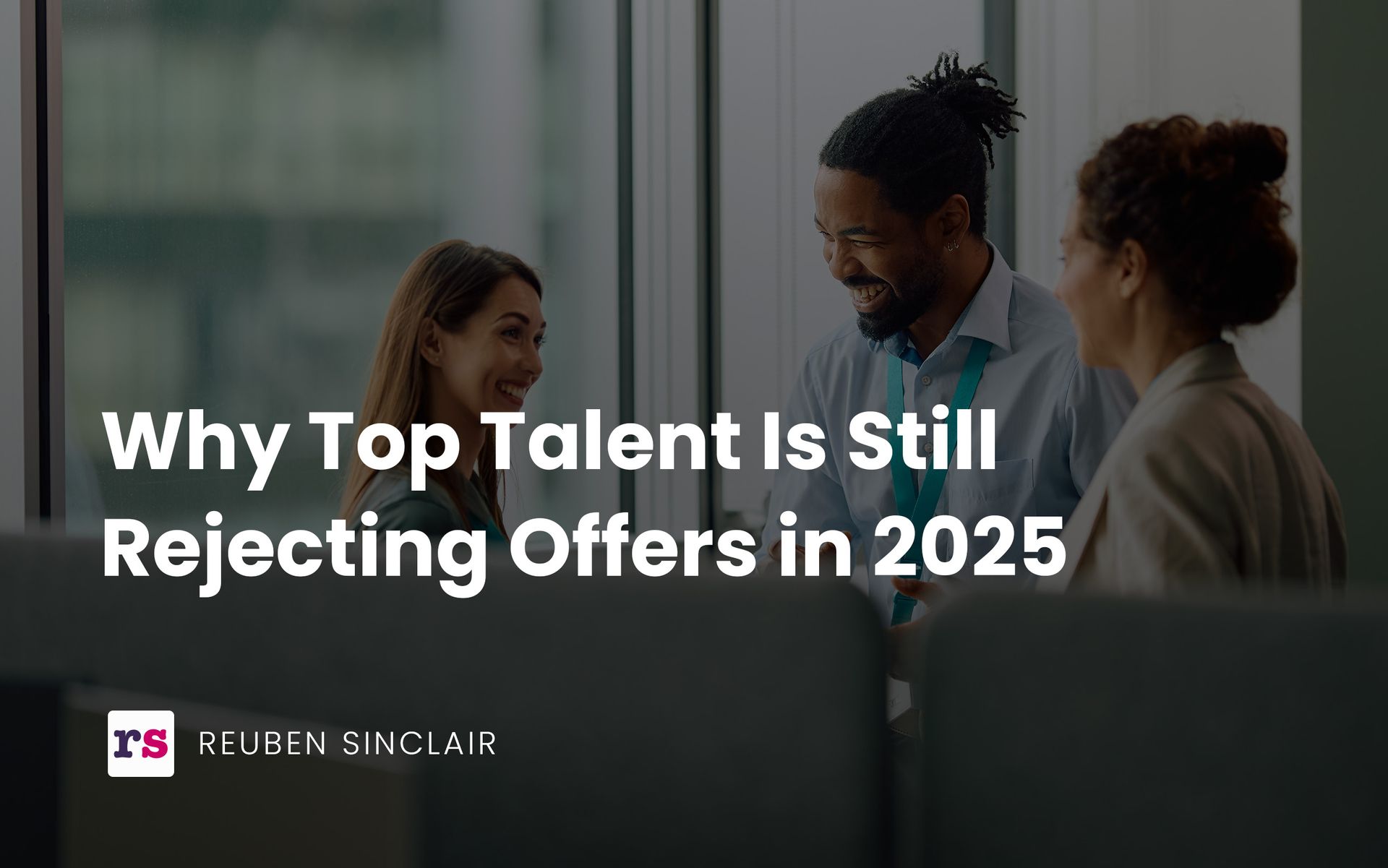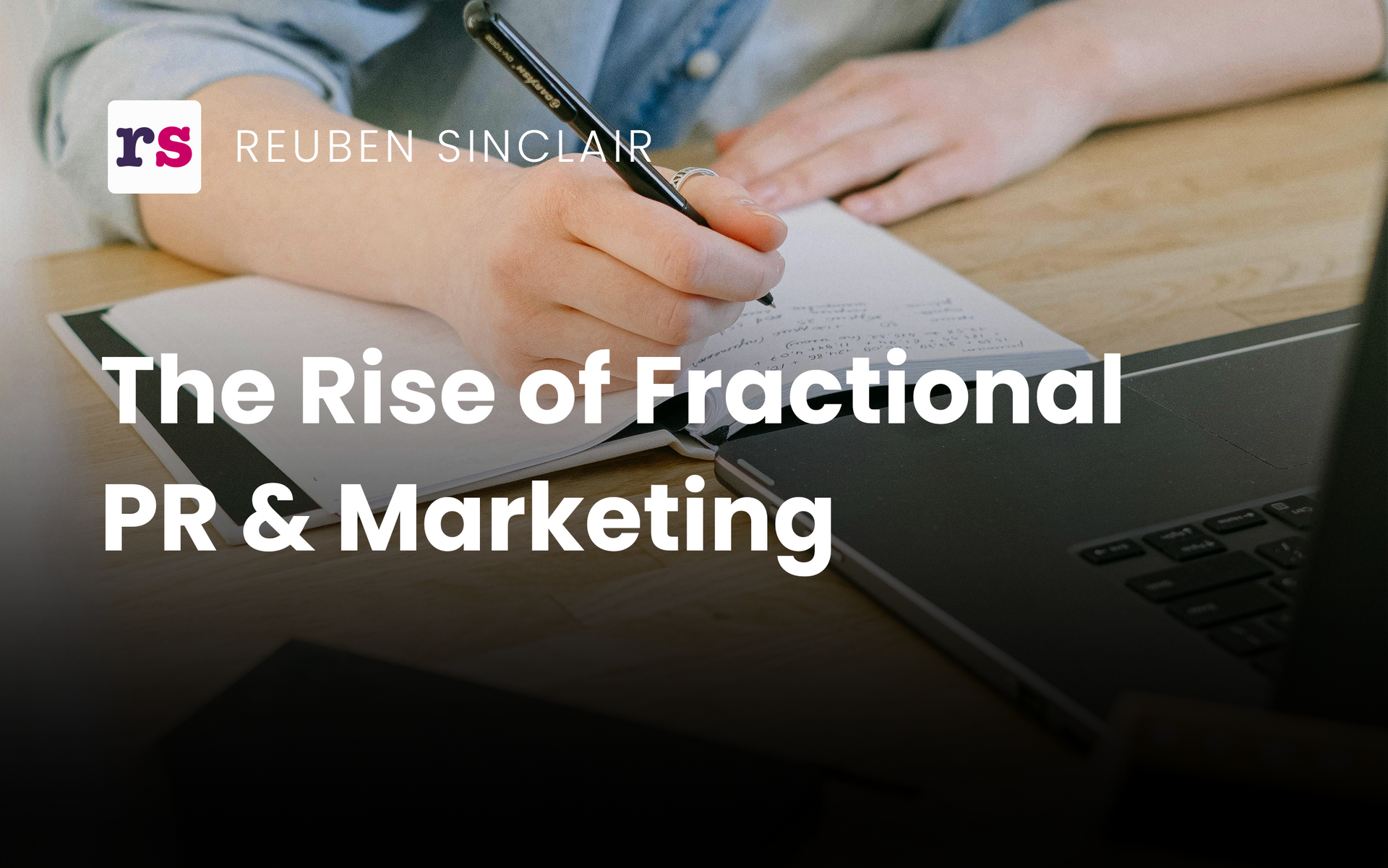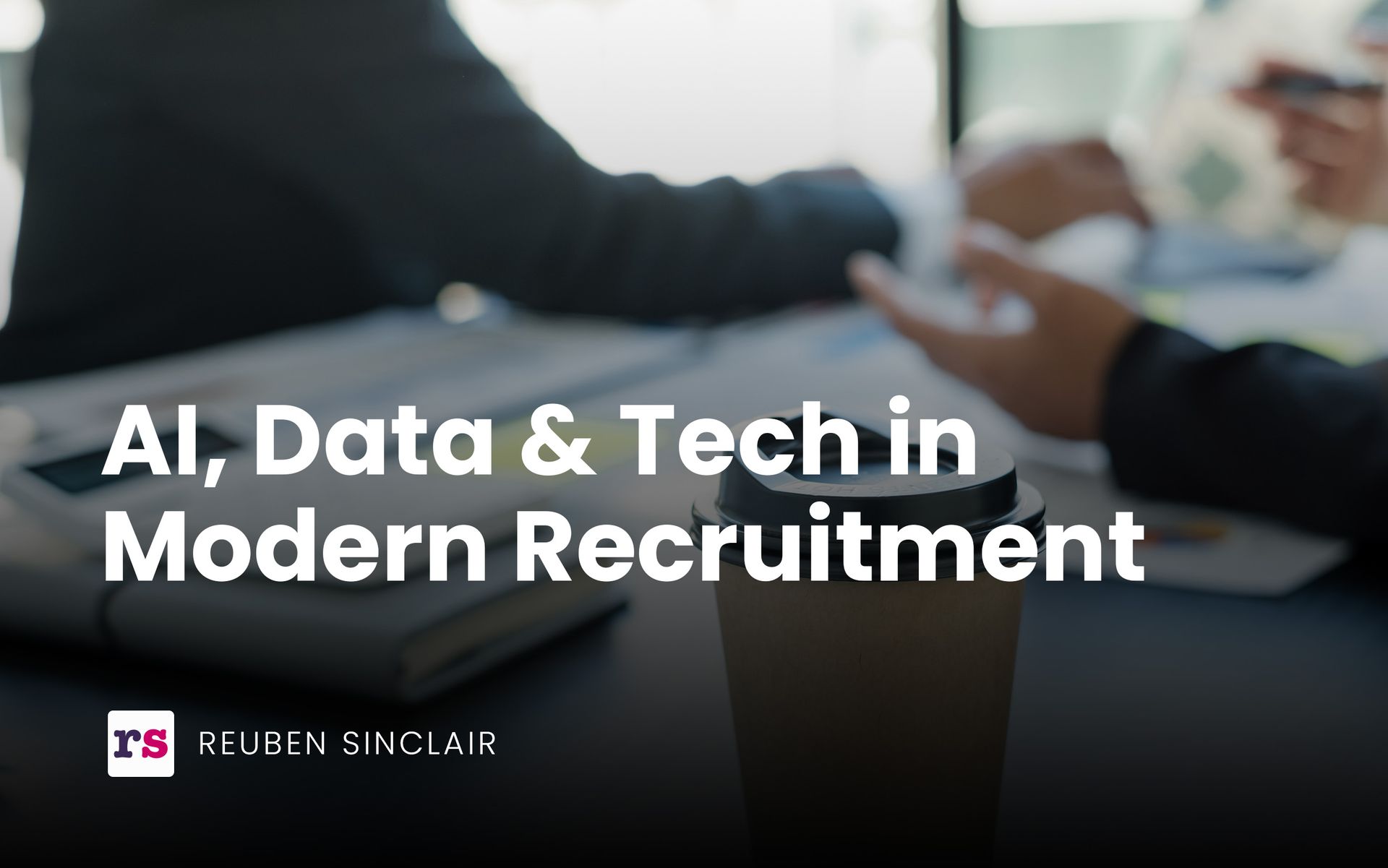Top 5 Industry Trends Shaping Recruitment in PR, Comms & Marketing

The Future of Work: Top 5 Industry Trends Shaping Recruitment in PR, Comms & Marketing
With the hiring surge of 2022-2023 behind us, the UK market is now experiencing a surplus of candidates vying for positions in the creative space. This influx has created a unique dynamic where agencies must adapt their strategies to attract the best talent, while candidates need to differentiate themselves in an increasingly crowded space.
As we look ahead, several key trends are emerging that will shape the future of recruitment in these industries.
For agencies, understanding these trends is crucial to staying ahead of the curve. For candidates, being aware of what employers are looking for can make all the difference in securing a desirable role.
Trend 1 - Emphasis on Employer Branding
The growing importance of a strong employer brand in attracting top talent
In today’s job market, a strong employer brand is more important than ever. Candidates are no longer just looking for a job - they’re seeking an employer whose values align with their own and who offers a compelling employee experience. This is particularly true in PR, communications, and marketing, where creativity and company culture play a significant role in attracting top talent.
How agencies can enhance their employer brand to stand out in a competitive market
Agencies can enhance their employer brand by:
- Showcasing company culture - Highlight what makes your workplace unique through social media, employee testimonials, and behind-the-scenes content.
- Investing in employee development - Offering ongoing training and career progression opportunities can make your agency more attractive to prospective employees.
- Promoting diversity and inclusion - A commitment to diversity not only strengthens your brand but also appeals to a broader pool of candidates.
- Engaging in corporate social responsibility (CSR) - Demonstrating a commitment to CSR initiatives can significantly boost your reputation among socially conscious job seekers.
Trend 2: Increased Focus on Diversity and Inclusion
The role of diversity in recruitment strategies
Diversity and inclusion have moved from being a ‘nice-to-have’ to a business imperative in recruitment. Diverse teams bring a wealth of perspectives that can drive creativity and innovation - key components of success in PR, communications, and marketing.
Best practices for ensuring a diverse and inclusive hiring process
To ensure a diverse and inclusive hiring process, agencies should:
- Use inclusive job ads - Language matters. Craft job descriptions that encourage applications from underrepresented groups.
- Implement anonymised selection processes - Remove identifying details from CVs to reduce unconscious bias during the initial screening.
- Diversify interview panels - Ensure that interview panels represent a range of backgrounds and perspectives.
- Promote mentorship programs - Support underrepresented employees through mentoring and sponsorship opportunities.
Trend 3: The Rise of AI and Automation in Recruitment
How AI is revolutionising recruitment, from CV screening to interview scheduling
Artificial intelligence (AI) and automation are transforming the recruitment process, making it faster and more efficient. AI-driven tools can analyse CVs at scale, identify the best candidates, and even schedule interviews, allowing recruiters to focus on more strategic tasks.
Tips for integrating AI tools into your recruitment process without losing the human touch
To effectively integrate AI without compromising on personal interaction:
- Combine AI with human insight - Use AI to handle repetitive tasks, but ensure final decisions involve human judgment.
- Personalise candidate communication - Even if initial contact is automated, follow up with personalised messages to build relationships.
- Monitor AI for bias - Regularly review AI processes to ensure they’re free from bias, particularly in areas like language processing and candidate ranking.
Trend 4: The Shift Towards Remote and Hybrid Work Models
How the demand for flexible work arrangements is reshaping recruitment
The shift towards remote and hybrid work models has redefined what candidates expect from their employers. Flexibility is no longer a perk - it’s a standard expectation. Agencies that offer flexible working options are more likely to attract top talent, especially in PR, comms, and marketing, where work can often be done remotely.
Strategies for sourcing and hiring talent in a remote-first world
To successfully hire in a remote-first world:
- Expand your talent pool - Don’t limit your search to local candidates. Remote work allows you to tap into a global talent market.
- Focus on outcomes, not hours - Shift from a time-based to an outcome-based performance evaluation to better accommodate remote workers.
- Invest in virtual onboarding - Ensure new hires feel connected and supported from day one, even if they’re working remotely.
Trend 5: The Importance of Soft Skills and Cultural Fit
Why soft skills are becoming increasingly important in the PR, Comms, and Marketing sectors
As technical skills become easier to acquire, soft skills such as communication, adaptability, and teamwork are becoming critical differentiators. In PR, communications, and marketing, where relationships and creativity are key, candidates with strong soft skills are highly sought after.
Techniques for assessing cultural fit during the hiring process
To assess cultural fit:
Behavioural interviews - Use questions that reveal how candidates handle real-world situations and interact with others.
Cultural assessments - Incorporate assessments that evaluate candidates’ alignment with your company’s values and work environment.
Trial periods or projects - Consider offering short-term projects or probationary periods to observe how candidates perform in your actual work environment.
TLDR:
The future of recruitment in PR, communications, and marketing is being shaped by these five key trends:
- Emphasis on employer branding
- Focus on diversity and inclusion
- Rise of AI and automation
- Shift towards remote and hybrid work models
- Increasing importance of soft skills and cultural fit
For agencies - adapting will be crucial for attracting and retaining top talent in a competitive market.
For candidates - understanding these shifts can help you position yourself as an ideal hire.











